Sewing Machine: Why does my sewing machine lock up?
Thread bunched up in the shuttle race often causes the sewing machine to lock up.
Work the needle up and out of the shuttle race by rocking the hand wheel back and forth. You may be able to remove the needle from its clamp if you're not able to raise the needle out of the shuttle race using the hand wheel. Pull the fabric away and clear the bunched thread out of the shuttle race. Clean lint and debris out of the shuttle race; they can prevent the needle from hooking the thread, resulting in thread bunching up in the shuttle race and jamming the needle. Cleaning the shuttle race may prevent the sewing machine from locking up again once you resume sewing.
If thread bunches up again immediately after you start sewing and you thoroughly cleaned the shuttle race, then needle and shuttle hook synchronization may need to be adjusted. Adjusting the needle timing typically requires service by a technician, who has special tools to synchronize the shuttle hook with the needle.
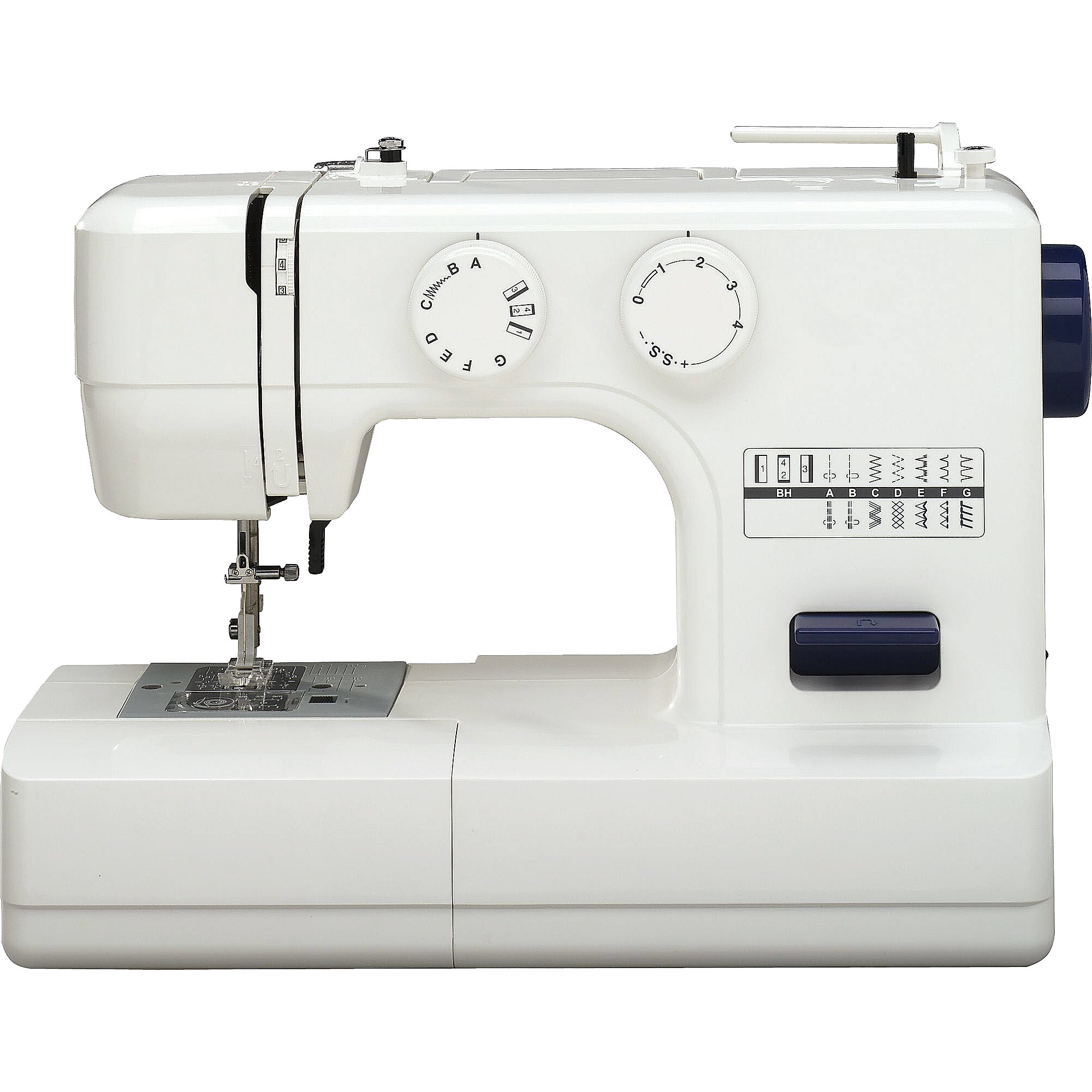
THESE REPAIRS MAY HELP SOLVE YOUR SEWING MACHINE PROBLEM
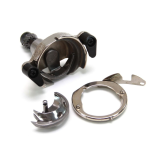
Clean the sewing machine
Clean lint and debris from the shuttle race every 3 months because it often attracts lint and dust. Clean the feed dogs at the same time because they also attract lint and dust. Clean those areas more often when using the sewing machine regularly. Oil the sewing machine after cleaning.
Clean the sewing machine
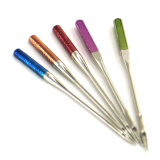
Adjust the sewing machine needle timing
If the machine won't pick up the bobbin thread because the shuttle hook isn't synched with the needle, adjust the needle timing. Adjustment of the needle timing usually requires service by a technician. Using special tools, the technician positions the needle and loosens the shuttle drive gear set screws then adjusts the shuttle drive gear to synchronize the shuttle hook with the needle.
Adjust the sewing machine needle timing
Most common symptoms to help you fix your sewing machines
Choose a symptom to see related sewing machine repairs.
Main causes: dirty shuttle race, improper thread routing, incorrect thread tension…
Main causes: dirty shuttle race, wrong thread tension, bad needle timing, damaged needle, using the wrong type of needle…
Main causes: thread bunched up in the shuttle race, bad needle timing, internal drive gear failures…
Main causes: machine needs lubrication, internal gear failure…
Main causes: problems with the feed dogs, setting stitch length to 0…
Main causes: lack of lubrication, lint buildup, worn drive belt, faulty drive motor…
Main causes: disengaged clutch, broken drive belt, internal drive gear failure…
Main causes: faulty foot pedal, locked drive gears, wiring failure, bad drive motor…
Main causes: power supply failure, bad power cord, faulty On/Off switch…
Most common repair guides to help fix your sewing machines
These step-by-step repair guides will help you safely fix what’s broken on your sewing machine.
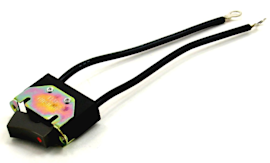
How to replace a sewing machine on/off switch
If the sewing machine is completely dead, replace the On/Off switch using these 6 steps.…
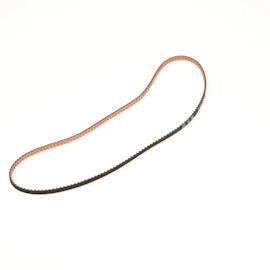
How to replace a sewing machine drive belt
You can replace a broken sewing machine drive belt in about 15 minutes. …
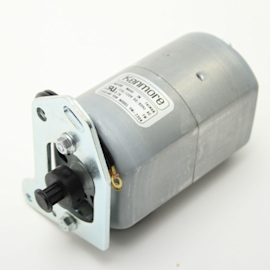
How to replace a sewing machine drive motor
If the drive motor on your sewing machine runs roughly or doesn't run at all, you can replace it in about 30 minutes usi…
Effective articles & videos to help repair your sewing machines
Use the advice and tips in these articles and videos to get the most out of your sewing machine.

Learn about all the convenient features on our Sears PartsDirect website that make your parts purchases easier.…
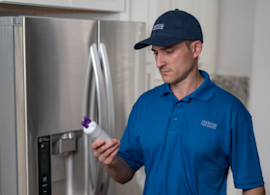
Get answers to frequently asked questions about Sears and Sears PartsDirect.…
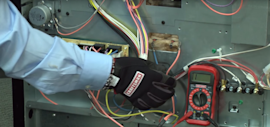
Learn how to use a multimeter to check for wiring problems in an appliance that's not working…
